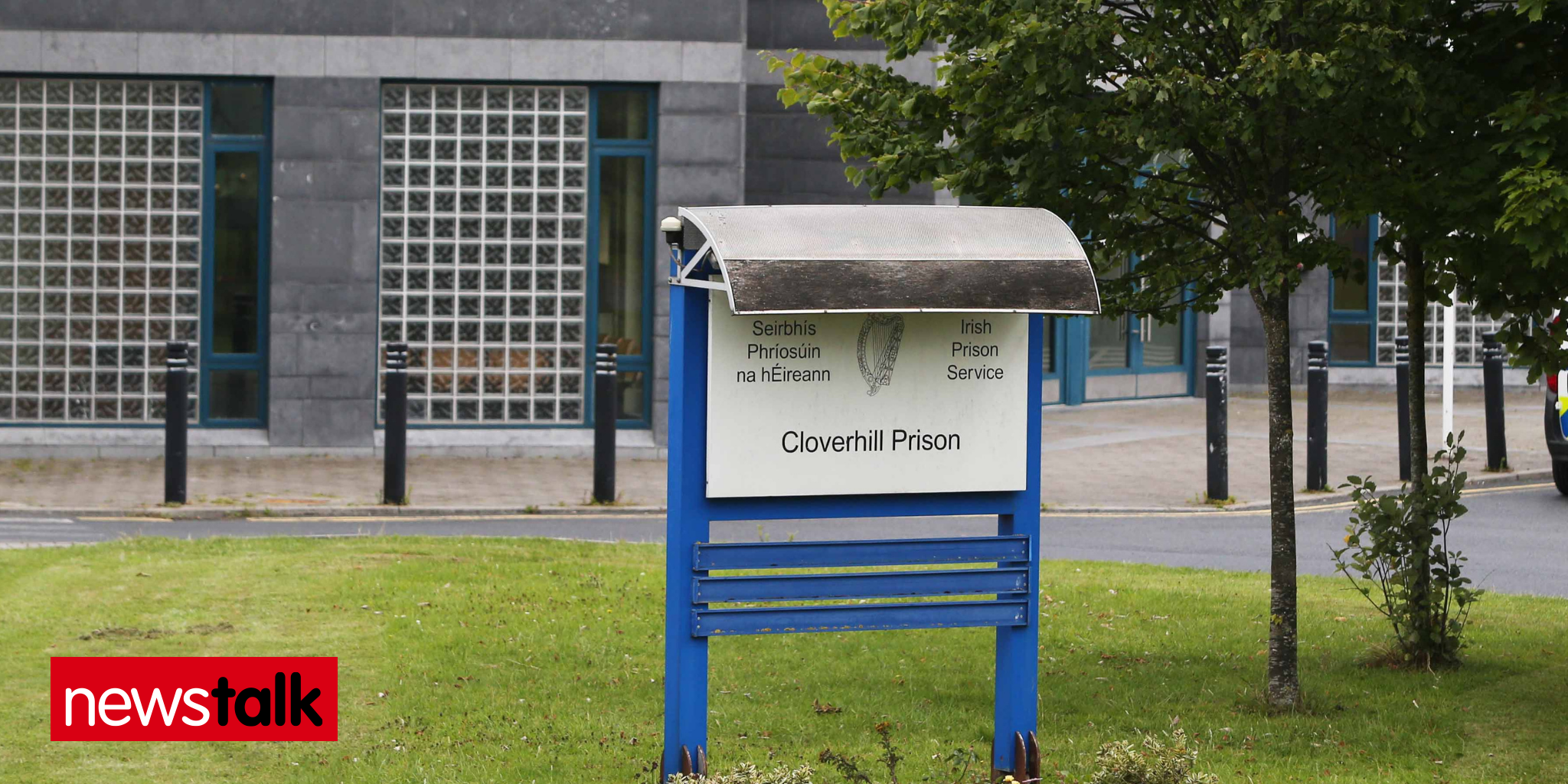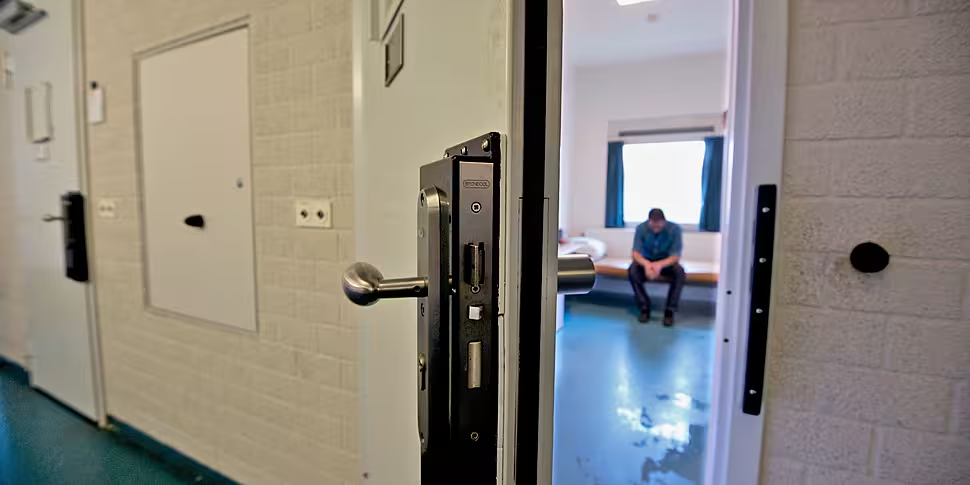Prisoners in Ireland are disproportionately likely to suffer from mental health problems and a Samaritans scheme to help them is celebrating its 20th year.
In 1991, a 15-year-old boy serving a jail sentence in Swansea for stealing a handbag took his own life. The news sent shockwaves through the inmate community and a delegation approached the Samaritans, asking them for help.
The result was the Listener Scheme which trains prisoners in how to help fellow inmates with their mental health problems.
It was first rolled out in Dublin’s Cloverhill Prison but is now a fixture of prisons across the country.
“I was going through severe depression and I tried to take my life but a friend of mine said, ‘Ring them,’” one prisoner told Newstalk’s Josh Crosbie.
“I did get in contact with them… and they helped me. They signposted me to places, it was great.
“There haven’t been many suicides in prison - thankfully because of the Listeners.”
He has since started volunteering with the Listener Scheme himself and says it is a rewarding experience.
“It’s good to be able to help other prisoners in and around the jail. It is hard when you first come in and you’ve never been in prison in your life.
“We go around and introduce ourselves, let them know that we’re here and just to make them feel a bit comfortable.”

In 2019, 109 people self harmed in Irish prisons and penal reform campaigners have raised concerns that far too many prisoners do not belong in jail but in a mental health facility.
It is a concern shared by the Samaritans’ Regional Prison Support Officer:
“Prisoners have eight times the risk factor of the general population,” Cindy O’Shea told Newstalk.
“A huge number of prisoners have significant mental health problems and prisons are not the suitable place for people who have mental health issues.
“But by putting something like the Listener Scheme in place, you give them the support they need. They’re much more likely to talk to their peers than they are to staff - or even Samaritans in some cases.”
Main image: A man in prison. Picture by: Alamy.com









